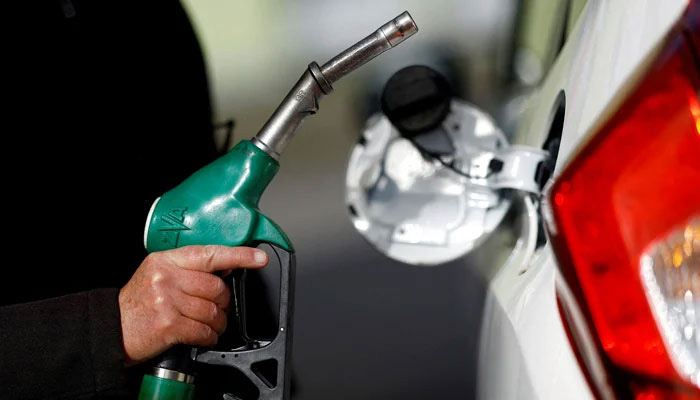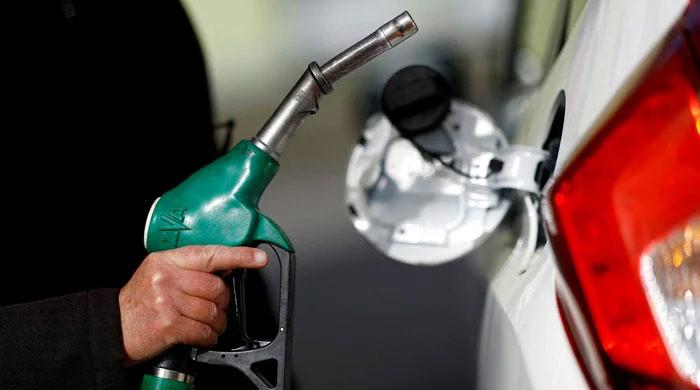[ad_1]

- Officials say price of light diesel oil to rise by Rs0.80/ litre.
- Cost of living, transportation to increase resultantly.
- Monthly tax objectives to be considered to determine prices.
KARACHI: The outgoing caretaker setup is expected to increase the prices of petroleum products tonight due to a hike in global oil prices amid a recovery in demand, The News reported Thursday.
As per the industry officials, the petrol price will be increased by about 2% that is Rs5 a litre to Rs292.33, whereas, the price of high-speed diesel will go up by Rs2 to Rs277.62 a litre.
The officials shared that the price of light diesel oil will rise by Rs0.80 a litre, while the kerosene oil’s price will increase by Rs0.70 a litre.
Petroleum product prices are revised every 15 days in Pakistan adjusting them to the trend of global oil prices and the rupee’s exchange rate to the dollar. The PKR has held steady recently.
The fresh prices revealed by the government tonight will go into effect on March 1.
The expected fuel consumption and supply costs of Pakistan State Oil, the state-owned oil business, as well as monthly tax objectives, would be taken into consideration by the government when determining the prices of petroleum goods.
The government increased fuel prices by Rs8.37 and Rs2.73 per litre for gasoline and diesel, respectively, in the previous two weeks in response to a spike in the price of oil throughout the world.
In the first two months of 2024, geopolitical unrest in the Middle East and concerns about declining supplies helped to drive up the price of crude oil by almost 10%. A further source of worry was the region’s supply difficulties.
About 85% of Pakistan’s oil needs are imported, and the country has been struggling with a balance of payments problem and skyrocketing inflation, which was 28.3% in January.
In July of last year, the government signed a $3 billion loan agreement with the International Monetary Fund to negotiate a route to economic stability. As part of that agreement, the government committed to a number of harsh measures, such as increasing taxes, increasing energy costs, and permitting a market-based currency rate.
The cost of living and transportation will increase as a result of the increased gasoline costs; in January, sales of petroleum products fell by 4% on an annual basis in the nation.
Lower sales of petrol and diesel were the primary cause of the decline, as customers reduced their expenditures in response to the slowing economy.
Maqvi News #Maqvi #Maqvinews #Maqvi_news #Maqvi#News #info@maqvi.com
[ad_2]
Source link












































